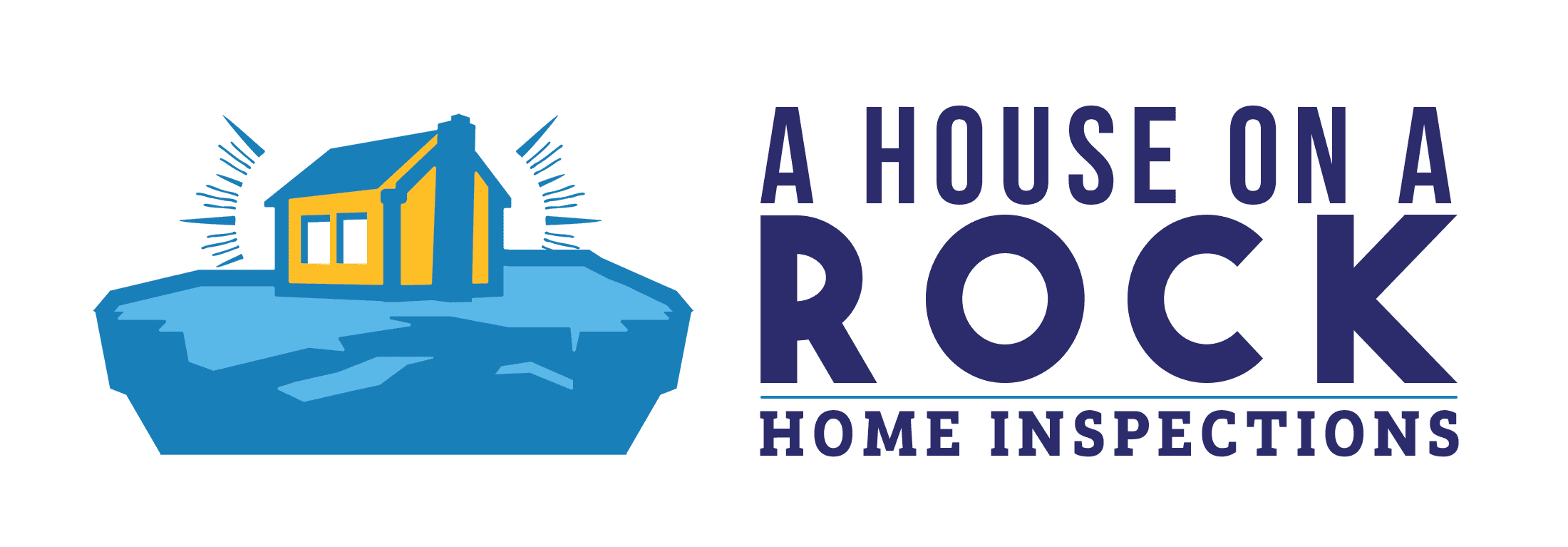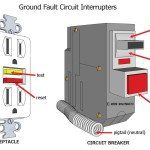How to Recognize a Bare Minimum Home Inspector
How to Recognize a “Bare Minimum” Home Inspector
A House on a Rock Home Inspections LLC
When searching for a home inspector there are many things to consider. There are many articles proliferated on the internet about how to find the right inspector. Many include looking for a licensed, experienced, insured, qualified, or otherwise technically proficient inspector. There are a plethora of qualities to consider when looking for the right inspector. However, even the most technically proficient home inspector may not have his clients best interest in mind. After determining your inspectors credentials, careful consideration should be given to determining if he or she is a “bare minimum inspector”. Well, what is a bare minimum inspector? Most inspectors belong to professional home inspector associations-some states require licensing of inspectors. Whether part of an association, licensed, or both, the inspector must follow a standards of practice. Most home inspectors who have their clients best interest in mind, will follow the standards of practice, rather than hide behind them. The following is a list of questions to ask any home inspector you consider using. If he or she answers no to all or most of these questions, they may be a bare minimum inspector and may not have your best interest in a mind.
Do you walk on the roof?
The best inspectors walk on roofs or at the very least move their ladder around the eaves to inspect the roof. They carry ladders capable of reaching at least a two story roof. There are many things you can see from the top of a roof that you will never see from the ground. However, some inspectors still feel compelled to view the roof from the ground with binoculars. Why do they perform such a ludicrous act? Their SOP does not require anything more. The intent of this standard is to ensure that home inspectors are not required to get on roofs during unsafe conditions or when the roof is prone to damage. Too many home inspectors use this standard as an excuse to stay on the ground as a bare minimum inspector.
Do you remove panels such as the furnace panel or the main electrical panel?
As hard as it may be to believe, some home inspectors refuse to remove any access panels. A typical panel has 4-6 screws. The best inspectors can not fathom why another inspector would not remove a panel. Again, many standards of practice to do not require this. Of course, some panels are inaccessible, or a present a hazard to the inspector. We follow the SOP and that doesn’t mean we don’t have to open any panels. A good inspector uses a tool to determine if the panel has become live, performs a little operational risk management, removes the panel, and performs a thorough inspection. If the inspector simply says his SOP does not require him to open any panel, then is correct-but he may be a bare minimum inspector.
Do you go into attics and crawlspaces?
It is reasonable to believe that all inspectors will crawl or walk to the depths of the attic or crawlspace. In reality, only the most thorough and best inspectors are so diligent. There are a plethora of defects that can only be observed by doing a thorough inspection of the attic and crawlspace. Still, some inspectors refuse to do it. They would rather poke their head in, shine their flashlight, and take a few photos. If the inspector you are considering using says he doesn’t go into attics or crawlspaces, then he may be a bare minimum home inspector.
Do you have a combustible gas detector?
Home inspectors often advertise on their websites something to the effect that they are going to give you peace of mind. Are you going to have peace of mind if the inspector does not test the gas lines for gas leaks? Probably not. Generally, home inspectors are not required to test for leaks. Obviously, the best inspectors do perform this test. If he doesn’t, there is a chance that he is only doing the minimal required every where else in the home.
Do you inspect appliances?
I am sure by now you can already ascertain that appliances are not required to be inspected by most SOP’s. A great inspector, with your best interest in mind, does what he can to decrease the probability that you will move into a house that doesn’t have a working fridge or stove. How frustrating would that be? I once heard an inspector tell his clients something that I liked, as he inspected the appliances he said : “I can’t tell you how well the dishwasher washes dishes, how well the oven bakes bread, or how well the microwave pops corn, but I am going to test them as best I can.” A bare minimum home inspector could care less about your bread or dishes.
Conclusion
All inspectors must follow the standards of practice of their professional association or state licensing board. We follow our standards of practice of the InterNational Association of Certified Home Inspectors. We understand that the items not required in the standards, are to allow situational judgment calls typically made for safety reasons. They are not there to minimalize the inspection. There is nothing particularly wrong with using the standards of practice to limit their standard of care , but you deserve better. Some of these things may not be important to you-others may be extremely important. In short, make sure the inspector you choose is qualified and thorough, ask him for a sample report, and determine whether or not he is a bare minimum inspector by asking the questions above. The choice should be simple after that.


